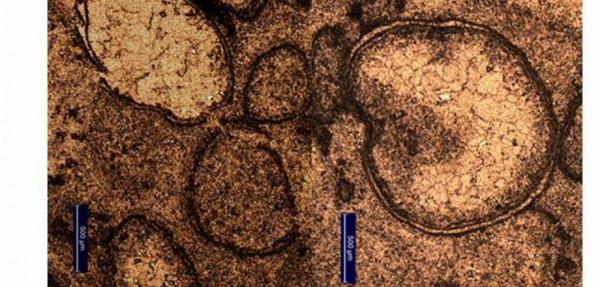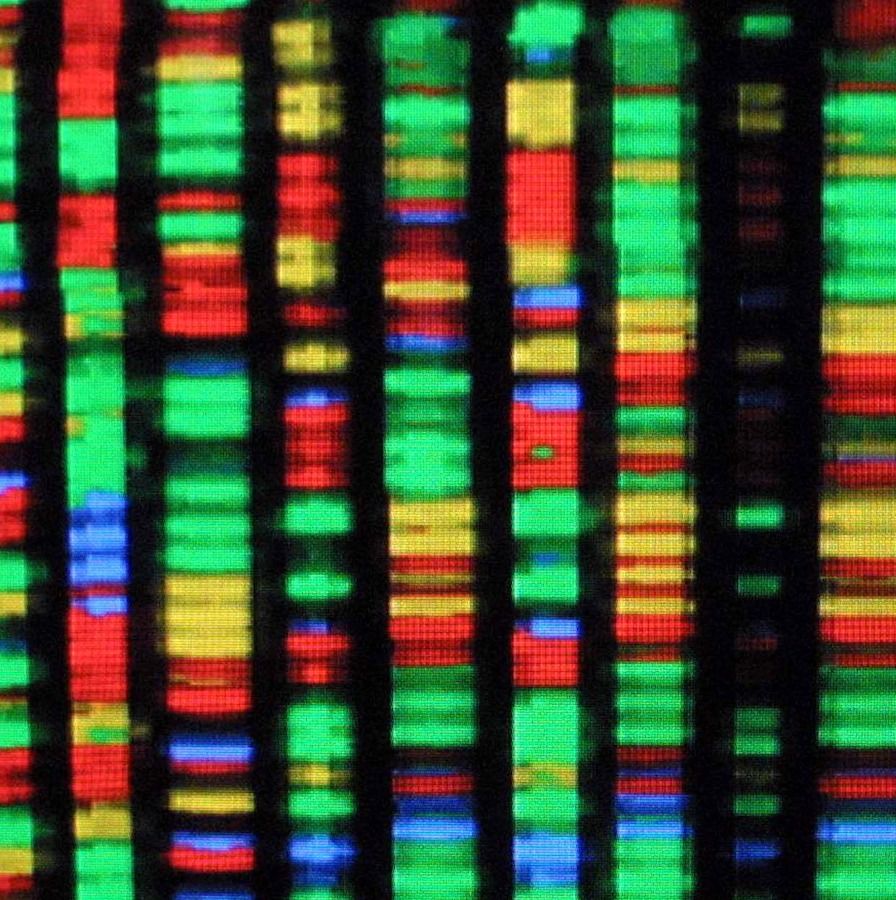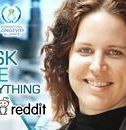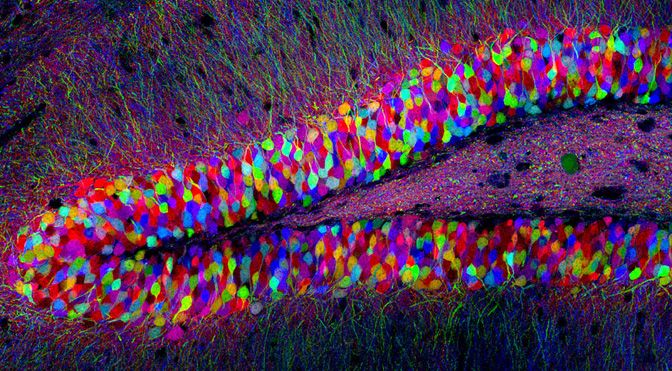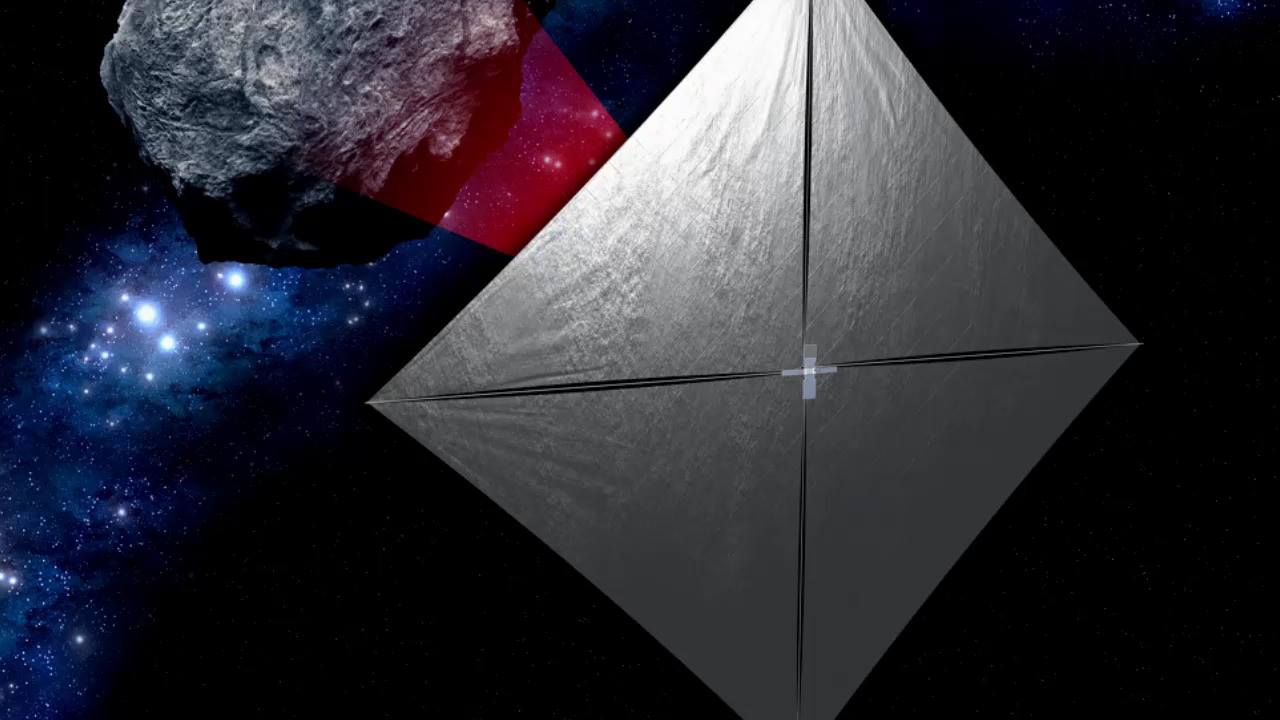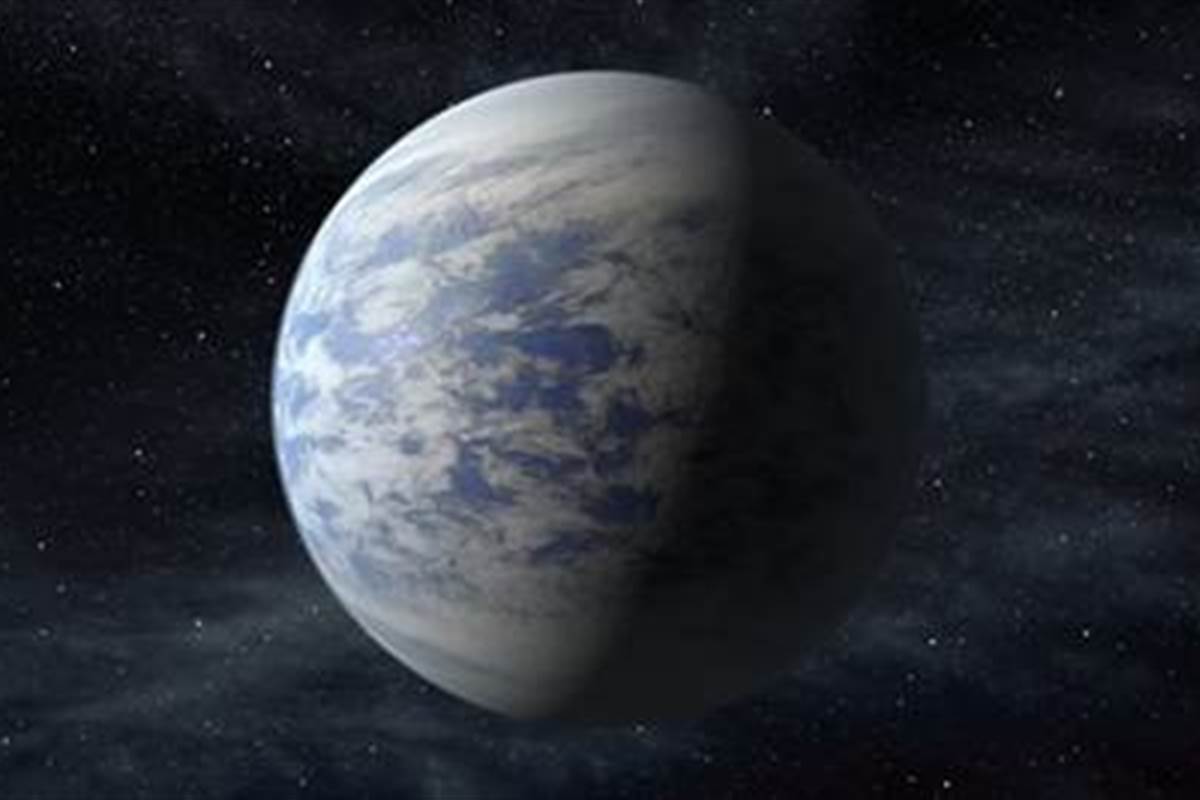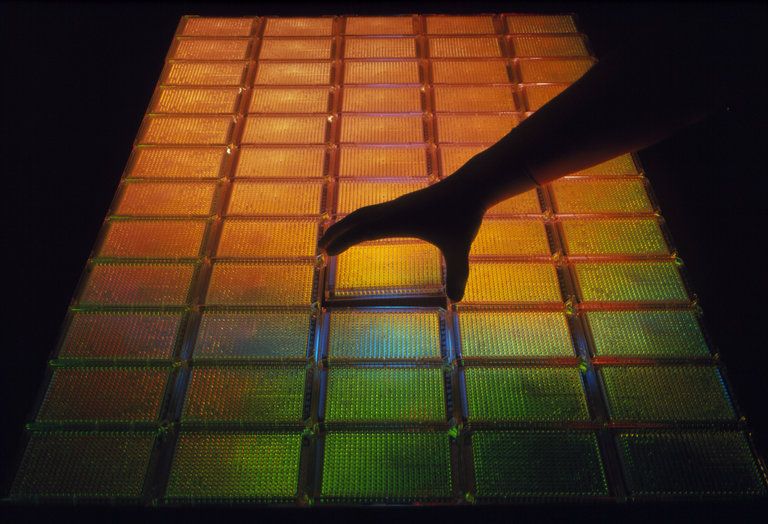Page 11409
May 16, 2016
Evidence of ancient giant asteroid discovered in Australia
Posted by Sean Brazell in categories: asteroid/comet impacts, existential risks
ACTON, Australia, May 16 (UPI) — Researchers in Australia recently found a collection of spherules, evidence of a massive asteroid that struck Earth as it was still forming.
Spherules are tiny glass beads formed from material vaporized in the intense heat of an asteroid impact. They were found in northwestern Australia by a team of geologists led by Andrew Glikson of the Australian National University.
The glass beads were found scattered among ancient ocean sediments dated to the middle of the Archean Eon — 3.46 billion years ago. The spread of the spherules deposit suggests the impact would have left a crater between 12 and 18 miles in diameter.
Continue reading “Evidence of ancient giant asteroid discovered in Australia” »
May 16, 2016
Should we synthesise a human genome?
Posted by Klaus Baldauf in categories: biotech/medical, ethics, genetics, law
As specialists gather in private to discuss a grand plan for constructing a human genome, Drew Endy and Laurie Zoloth argue that such an enormous moral gesture should not be discussed behind closed doors.
Credit: Mario Tama/Getty Images.
At Harvard today, an invitation-only group of about 150 scientists, lawyers, and entrepreneurs, met to discuss if and how to construct from scratch an entire human genome – the heritable genetic material that in nature is transferred from parents to children.
May 16, 2016
Coming soon: A “Made in India” space shuttle — By Madhura Karnik | Quartz
Posted by Odette Bohr Dienel in categories: space, space travel
“This month, the Indian Space Research Organization (ISRO)—India’s equivalent of NASA—will begin the mission to launch its indigenous space shuttle, the Press Trust of India reported on May 15.”
Tag: India
May 16, 2016
MMTP AMA Senolytics: Seek and Destroy! • /r/Futurology
Posted by Steve Hill in categories: biotech/medical, health, life extension
On Reddit Futurology today!
The Major Mouse Testing Program is an ambitious project of the International Longevity Alliance, featuring an international team of scientists and advocates testing therapies against aging decline. This experiment is is lead by world class stem cell researcher Dr Alexandra Stolzing and was inspired by our scientific advisor and colleague Dr Aubrey De Grey.
The Major Mouse Testing Program is seeking to speed up scientific progress in the field of regenerative medicine and bio-gerontology. After ILA experts conducted an analysis of delays preventing the development of life extension technologies, it was shown that a serious problem was the lack of robust animal data for the potential of different compounds to promote health and extend maximum lifespan. Without this data promising interventions cannot enter clinical trials and become available to the general public.
Continue reading “MMTP AMA Senolytics: Seek and Destroy! • /r/Futurology” »
May 16, 2016
MIT discovers the location of memories: Individual neurons
Posted by Shailesh Prasad in category: neuroscience
Y triggering a single neuron, the researchers were able to force the subject to recall a specific memory. By removing this neuron, the subject would lose that memory.
May 15, 2016
8.8 billion habitable Earth-size planets exist in Milky Way alone
Posted by Shailesh Prasad in category: alien life
WASHINGTON — Space is vast, but it may not be so lonely after all: A study finds the Milky Way is teeming with billions of planets that are about the size of Earth, orbit stars just like our sun, and exist in the Goldilocks zone — not too hot and not too cold for life.
Astronomers using NASA data have calculated for the first time that in our galaxy alone, there are at least 8.8 billion stars with Earth-size planets in the habitable temperature zone.
The study was published Monday in the journal Proceedings of the National Academy of Sciences.
Continue reading “8.8 billion habitable Earth-size planets exist in Milky Way alone” »
May 15, 2016
Scientists Hold Secret Meeting to Consider Creating a Synthetic Human Genome
Posted by Aleksandar Vukovic in categories: biotech/medical, genetics
George Church, a professor of genetics at Harvard Medical School and an organizer of the proposed project, said there had been a misunderstanding. The project was not aimed at creating people, just cells, and would not be restricted to human genomes, he said. Rather it would aim to improve the ability to synthesize DNA in general, which could be applied to various animals, plants and microbes.
The project poses ethical issues about whether humans could be created without parents.

